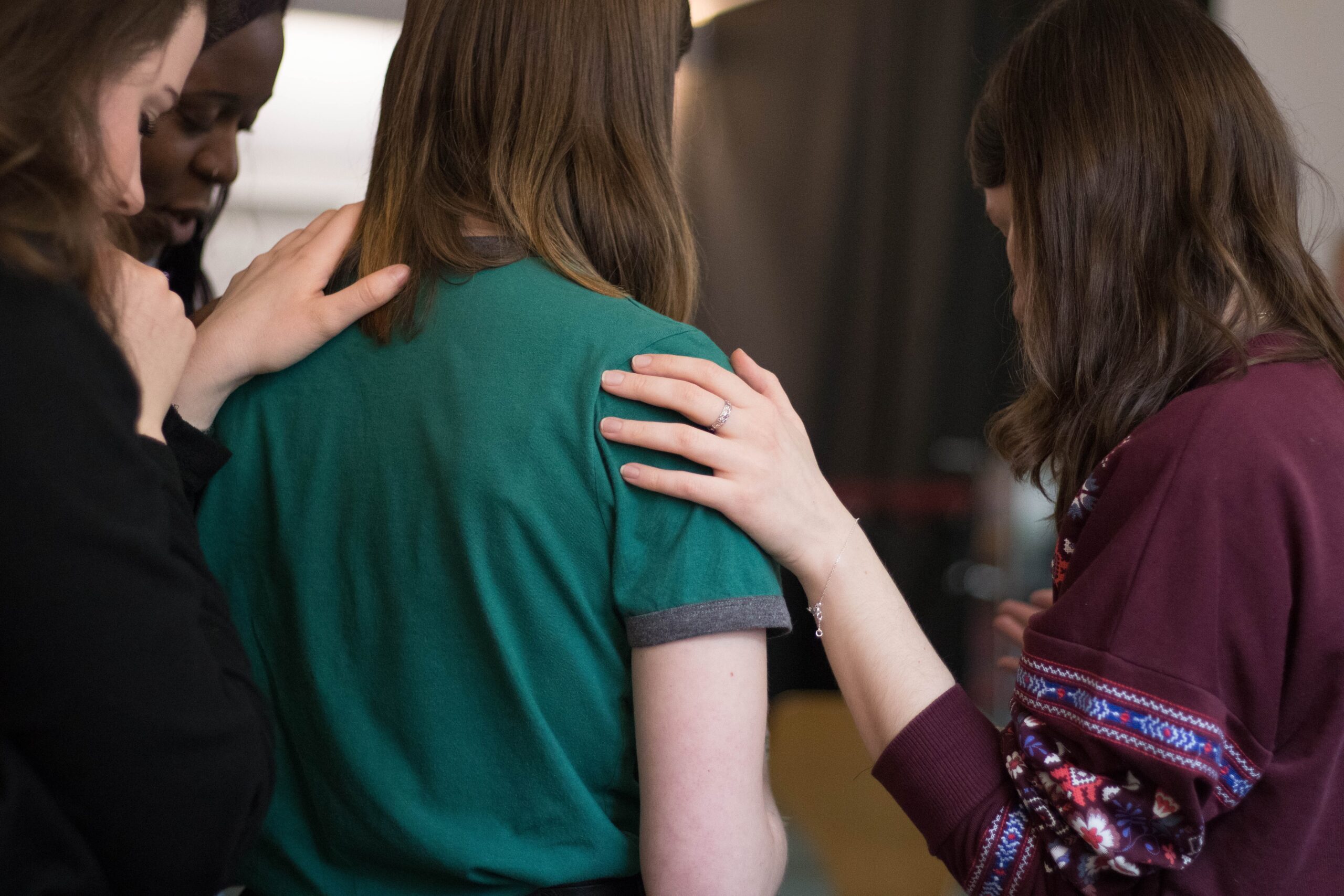There is no cure for addiction. Every recovering addict experiences a life-long recovery journey. And, inevitably, along this recovery journey, some recovering addicts may slip up or experience a relapse, even after receiving professional treatment from drug rehab. Therefore, it’s important to understand that your recovery journey doesn’t just stop after you receive treatment and leave rehab. There are a variety of ongoing treatment programs available to help you maintain your sobriety.
While what happens after rehab ends is, for the most part, entirely up to you, it’s important to consider receiving ongoing treatment even after drug rehab ends to lower your risk of relapsing. This is especially true as many recovering addicts can find it difficult to transition from rehab straight back to their everyday life.
Hammocks On The Edisto is a women’s treatment center in South Carolina that provides unique, tailored care to help women on their road to recovery. Whether you are just starting your recovery journey, or looking for ongoing support to maintain your sobriety, we offer one-of-a-kind treatment to help women best lead healthier, happier lives.
Contact us today to learn more about how we can help you on your recovery journey.
Why Life After Rehab Can Be Difficult?
So, you may be wondering, “What happens after rehab ends?”
It can be overwhelming transitioning from inpatient care straight back to your normal life. Oftentimes, you may be going back to old environments and triggers that can jeopardize your sobriety. Not to mention, addiction recovery is a life-long journey.
Therefore, while what happens after rehab ends is up to you, it’s essential you consider seeking out ongoing support or care to help maintain your sobriety and reduce your risk of relapsing post-treatment. This is because relapsing is common, and studies find that 40%-60% of people who’ve been treated for substance use disorders relapse. Therefore, just because you received treatment for your substance use disorder does not guarantee you will maintain sobriety for the rest of your life.
Relapse Prevention Programs Are Available
While what happens after rehab ends is up to you, it’s important you consider joining a support group or receiving ongoing care to help maintain your sobriety. Addiction recovery is a life-long journey, and you will surely be faced with many triggers and urges to abuse drugs or alcohol, even after receiving addiction treatment.
Below are some relapse prevention programs you should consider joining/receiving after rehab ends:
Join an Outpatient Program
Joining an outpatient program can be a great next step for recovering addicts transitioning from inpatient treatment back into their everyday life. Rather than going from 24/7 support back to everyday life, an outpatient program gives you the flexibility to balance your daily life while still receiving essential treatment.
Join a Recovery Support Group
Next, consider joining a recovery group. Here, you’ll not only be able to connect and form relationships with others who understand your struggles but you will also be kept accountable and have a supportive community of people behind you to help maintain your sobriety.
Attend Family Counseling Sessions
Addiction can significantly fracture your relationships with friends and loved ones. Therefore, consider going to family counseling sessions with you and your family to help rebuild your relationships with your loved ones.
Attend Psychiatric Appointments
If you are struggling with a dual diagnosis, be sure to receive continued support and treatment for your mental illness. This may include attending psychiatric appointments or therapy sessions to continue treating and managing your mental health symptoms.
Receive Any Ongoing Medications
Finally, continue to take any ongoing medications that are prescribed to you by your doctor. For instance, this may include psychiatric medications for those suffering from a mental health condition and/or medication-assisted treatment to help support you in your sobriety journey.
Leading Women’s Treatment in South Carolina
It’s critical that you make your aftercare treatment plan a priority to set yourself up for the best possible success to maintain long-term sobriety. The end of your time receiving addiction treatment doesn’t mean your recovery journey is over. In fact, it means your recovery journey is just beginning.
Maintaining sobriety is a life-long journey, and you will surely be exposed to many triggers and urges to abuse drugs or alcohol, even after receiving treatment. That’s why while what happens after rehab ends is up to you, it’s essential you consider seeking continued care/ ongoing support to help you maintain long-term sobriety.
At Hammock On The Edisto, we are a women’s treatment center that provides tailored, gender-specific care for women struggling with addiction. We offer a range of evidence-based therapies, from CBT to motivational interviewing, alternative therapies, and more so you can receive personalized treatment for your unique recovery needs. Contact us to learn more about how we can help you lead a healthier, happier life of sobriety today.







